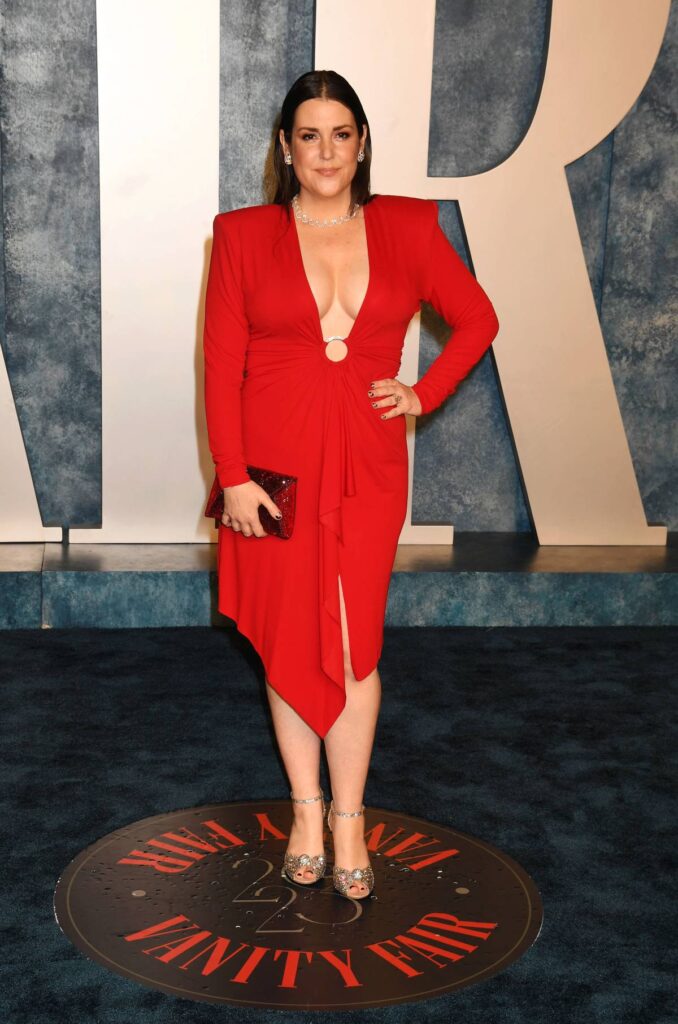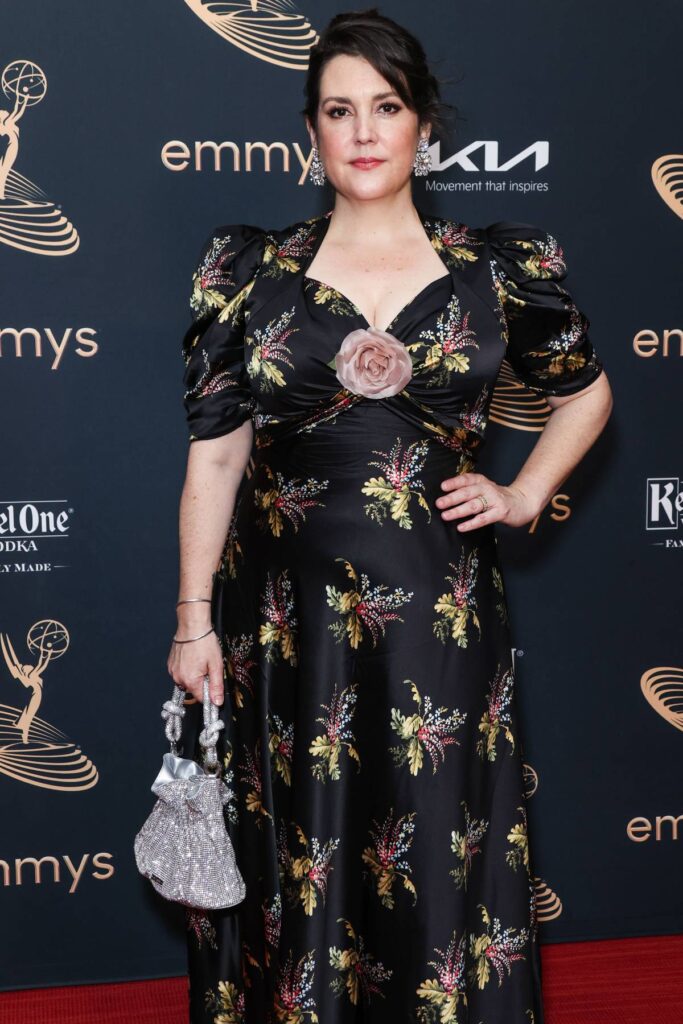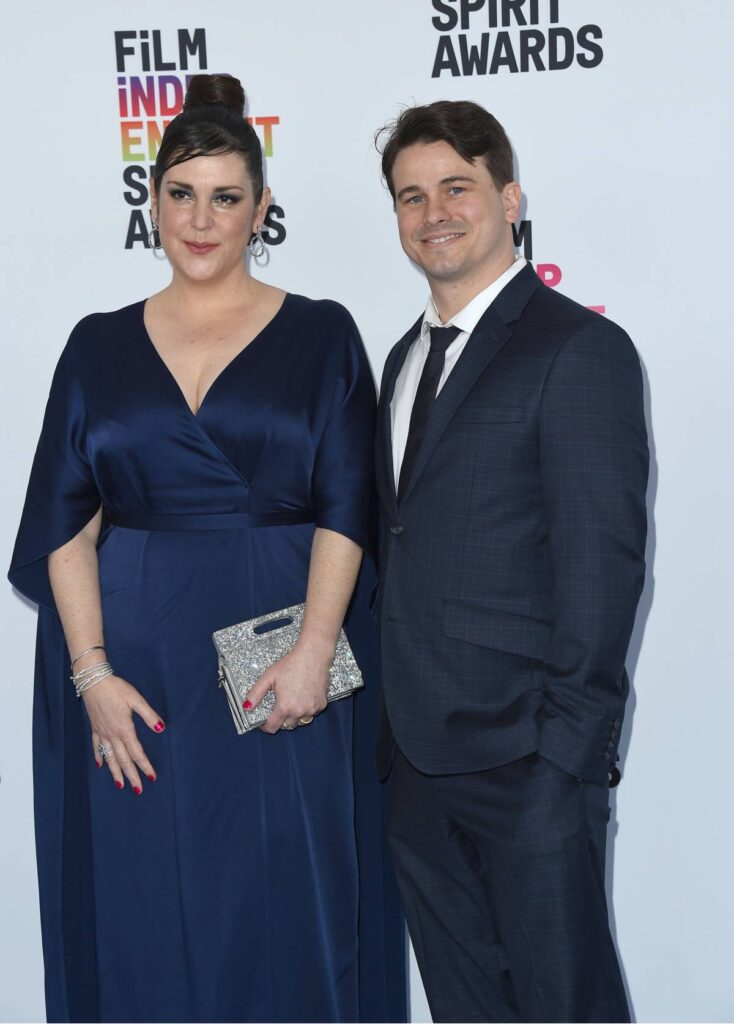Checkout
Top Celebrities
- 50 Cent
- Aaron Carter
- Abigail Clancy
- Academy Awards
- Adam Lambert
- Adam Sandler
- Adnan Ghalib
- Adrian Grenier
- Adriana Lima
- Adrianne Curry
- Adrienne Bailon
- Aida Yespica
- Aisha Tyler
- Aisleyne Horgan-Wallace
- Akon
- Al Gore
- Alaina Alexander
- Alana Curry
- Alec Baldwin
- Aleksandra Jordan
- Alena Seredova
- Alessandra Ambrosio
- Alessia Ventura
- Alex Grace
- Alex Rodriguez
- Ali Larter
- Ali Lohan
- Alicia Keys
- Alina Vacariu
- Allegra Versace
- Alley Bagget
- Alyssa Milano
- Amanda Bynes
- Amanda Harrington
- Amanda Peet
- America Ferrera
- American Idol
- Amy Polumbo
- Amy Winehouse
- Ana Beatriz Barros
- Ana Kournikova
- Anahi Gonzalez
- Andy Dick
- Andy Garcia
- Ang Lee
- Angelina Jolie
- Angie Harmon
- Anna Faris
- Anna Friel
- Anna Kournikova
- Anna Lynne McCord
- Anna Nicole Smith
- Anna Paquin
- Annalynne McCord
- Anne Hathaway
- Anne Heche
- Anthony Hopkins
- Antonella Barba
- Antonio Banderas
- April Scott
- Arnold Schwarzenegger
- Aruna Shields
- Ashanti
- Ashlee Simpson
- Ashley Dupre
- Ashley Greene
- Ashley Olsen
- Ashley Tisdale
- Ashton Kutcher
- Aubrey O'Day
- Audrina Patridge
- Austin Green
- Avril Lavigne
- Bai Ling
- Bam Margera
- Bar Refaeli
- Barack Obama
- Barbra Streisand
- Barron Hilton
- Ben Affleck
- Ben Stein
- Ben Stiller
- Bernie Mac
- Beyonce
- Beyonce Knowles
- Bikini Pictures
- Bill O'Reilly
- Bjork
- Blake Lively
- Bobby Brown
- Bono
- Borat
- Brad Pitt
- Brandon Davis
- Brenda Song
- Bridget Marquardt
- Britney Spears
- Brittany Murphy
- Brittany Snow
- Brody Jenner
- Brook Shields
- Brooke Burke
- Brooke Burns
- Brooke Hogan
- Brooke Shields
- Bruce Willis
- Cameron Diaz
- Camilla Belle
- Candice Michelle
- Caprice Bourett
- Caption Me
- Carmen Electra
- Carrie Prejean
- Carrie Underwood
- Cassie
- Cate Blanchett
- Catherine Zeta-Jones
- Celebrities
- Celebrity Gossip
- Celebrity Pictures
- Celine Dion
- Chad Michael Murray
- Chanelle Hayes
- Charisma Carpetner
- Charlie Sheen
- Charlize Theron
- Cheryl Cole
- Cheryl Tweedy
- Chris Benoit
- Chris Brown
- Chris Tarrant
- Christian Bale
- Christie Binkley
- Christina Aguiera
- Christina Aguilera
- Christina Applegate
- Christina Milian
- Christina Ricci
- Christoper Masterson
- Christopher Walken
- Chuck Nice
- Ciara
- Cindy Crawford
- Cindy Margolis
- Cindy Taylor
- Claudia Schiffer
- Clay Aiken
- Clive Owen
- Coco
- Cory Lidle
- Courteney Cox
- Courtney Cox
- Courtney Love
- Criss Angel
- Cristiano Ronaldo
- Cyndi Lauper
- Dakota Fanning
- Dane Cook
- Dania Ramirez
- Daniel Craig
- Daniel Radcliffe
- Daniel Smith
- Danielle Lloyd
- Danity Kane
- Dannii Minogue
- Danny Boyle
- Dave Navarro
- David Beckham
- David Blaine
- David Faustino
- David Hasselhoff
- David Letterman
- David Spade
- Dean McDermott
- Dean Sheremet
- Debbie Rowe
- Delta Goodrem
- Denise Milani
- Denise Richards
- Dennis Leary
- Diddy
- Dina Lohan
- Diora Baird
- Dita Von Teese
- DJ AM
- DMX
- Don Cheadle
- Don Imus
- Donal Logue
- Donald Trump
- Doug Reinhardt
- Dr Dre
- Drew Barrymore
- Dustin Diamond
- Eddie Murphy
- Edward Norton
- Elin Woods
- Elisha Cuthbert
- Eliza Dushku
- Elizabeth Hurley
- Elle Macpherson
- Ellen Pompeo
- Elton John
- Elyse Umemoto
- Emily Blun
- Emily Osment
- Emily Scott
- Eminem
- Emma B
- Emma Roberts
- Emma Watson
- Emmanuelle Chriqui
- Emmy Rosum
- Erich Schultz
- Erin Wasson
- Eva Green
- Eva Longoria
- Eva Mendes
- Evangeline Lilly
- Fabiana Tambosi
- Farrah Fawcett
- Fat Joe
- Fergie
- Fernanda Tavares
- Flavor of Love
- Foxy Brown
- Freida Pinto
- Gavin Rossdale
- Gemma Atkinson
- George Carlin
- George Clooney
- George Michael
- Gilles Marini
- Gisele Bundchen
- Good Charlotte
- Grey's Anatom
- Guy Ritchie
- Gwen Stefani
- Gwyneth Paltrow
- Hail Gossip Blogs
- Hails Hottie Picks
- Hails Recap
- Haired Pea
- Halle Berry
- Harrison Ford
- Harry Morton
- Harry Potter
- Hayden Panettiere
- Haylie Duff
- Heath Ledger
- Heather Graham
- Heather Locklear
- Heather Mills
- Heidi Klum
- Heidi Montag
- Helena Christensen
- Hilary Duff
- Hilary Swank
- Hillary Clinton
- Holly Madison
- Holly Valance
- Hot Girls
- Hot kiss scene
- Howard K. Stern
- Howard Stern
- Hugh Grant
- Hugh Hefner
- Hugh Jackman
- Hulk Hogan
- Ice Cube
- Iphone
- Irina Shaykhilsamova
- Isaac Cohen
- Isaac Hayes
- Isabel Fontana
- Isaiah Washington
- Ivanka Trump
- Izabel Goulart
- Jack Bauer
- Jack Black
- Jack Nicholson
- Jackie Chan
- Jade
- Jaime Pressly
- Jake Gyllenhaal
- Jakki Degg
- James Blunt
- James Bond
- Jami Miller
- Jamie Foxx
- Jamie Hince
- Jamie Lynn Spears
- Jamie Oliver
- Jamie Pressly
- Jamie-Lynn Sigler
- Jane Fonda
- Jane Olson
- Janet Jackson
- Jaslene Gonzalez
- Jason Filyaw
- Jason Lee
- Jason Lewis
- Jason Mesnick
- Jay-Z
- Jayden
- Jayden James
- Jeff Goldblum
- Jenna Fischer
- Jenna Jameson
- Jennie Garth
- Jennifer Aniston
- Jennifer Ellison
- Jennifer Garner
- Jennifer Hawkins
- Jennifer Hudson
- Jennifer Lopez
- Jennifer Love Hewitt
- Jennifer Morrison
- Jennifer Walcott
- Jenny Frost
- Jenny McCarthy
- Jeremy Piven
- Jermaine Dupri
- Jerry Seinfeld
- Jessica Alba
- Jessica Biel
- Jessica Lowndes
- Jessica Simpson
- Jessica White
- Jessie Jane
- Jewel
- Jim Carey
- Jim Carrey
- Jimmy Fallon
- Joan Rivers
- Joanna Krupa
- Joaquin Phoenix
- Jodie Marsh
- Jodie Sweetin
- Joe Francis
- Joe Jackson
- Joe Simpson
- Joel Madden
- John Cusack
- John Lennon
- John Mayer
- John Ritter
- John Stewart
- John Travolta
- Johnny Depp
- Johnny Fairplay
- Johnson Rocks
- Jojo
- Jolene Blalock
- Jon Gosselin
- Jon Lovitz
- Jonas Brothers
- Jonathan Rhys Meyers
- Jordan
- Jordan Bratman
- Jorge Nunez
- Josh Duhamel
- Josh Hartnett
- Josie Maran
- Joss Stone
- Jude Law
- Julia Roberts
- Julia Stiles
- Julianne Hough
- Juliette Lewis
- Justin Bieber
- Justin Gaston
- Justin Timberlake
- Juveline
- Kaiane Aldorino
- Kaley Cuoco
- Kanye West
- Kardashian
- Kari Ann Peniche
- Karina Smirnoff
- Karolina Kurkova
- Kate Beckinsale
- Kate Bosworth
- Kate Gosselin
- Kate Hudson
- Kate Moss
- Kate Winslet
- Katharine Mcphee
- Katherine Heigl
- Katherine McPhee
- Kathy Hilton
- Katie Downes
- Katie Holmes
- Katie Lohmann
- Katie Price
- Katie Rees
- Katy Perry
- Ke$ha
- Keanu Reeves
- Keeley Hazell
- Keira Knightley
- Keisha Buchanan
- Keith Richards
- Keith Urban
- Kelly Bensimon
- Kelly Brook
- Kelly Clarkson
- Kelly Osbourne
- Kelly Pickler
- Kelly Ripa
- Kelly Rutherford
- Kendra Jade
- Kendra Wilkinson
- Keri Russell
- Kerri Kasem
- Kevin Costner
- Kevin Federline
- Khloe Kardashian
- Kiefer Sutherland
- Kim Kardashian
- Kimberly Stewart
- Kimora Lee Simmons
- Kingston
- Kirsten Dunst
- Kobe Bryant
- Kourtney Kardashian
- Kristanna Loken
- Kristen Bell
- Kristen Dalton
- Kristen Stewart
- Kristin Cavallari
- Kristin Davis
- Kristy Swanson
- Kurt Cobain
- Kylie Minogue
- L.L. Cool J
- Lacey Chabert
- Lady GaGa
- Lance Bass
- Larry Birkhead
- Larry King
- Larry Rudolph
- Laura Prepon
- Lauren Conrad
- Lauren Hutton
- Lauren Nelson
- Laurence Fishburne
- Leann Rimes
- Lee Ann Rimes
- Leelee Sobieski
- Leighton Meester
- Leo DiCaprio
- Leona Lewis
- Leonardo DiCaprio
- Leticia Cline
- Lil Wayne
- Lilly Allen
- Lily Allen
- Lindsay Lohan
- Lindsey Vonn
- Lionel Richie
- Lisa Gleave
- Lisa Loeb
- Lisa Marie Scott
- Lisa Ray
- Lisa Rhinna
- Lisa Snowdon
- Liv Tyler
- Lori Loughlin
- Louise Redknapp
- Lucie Silvas
- Lucy Liu
- Lucy Pinder
- Luke Wilson
- Maddox
- Madonna
- Maggie Gyllenhaal
- Mandy Moore
- Marcia Cross
- Maria Menounos
- Maria Sergeyeva
- Mariah Carey
- Mario Lopez
- Marisa Miller
- Marisa Tomei
- Mark Wahlberg
- Mary J. Blige
- Mary-Kate Olsen
- Mary-Louise Parker
- Maryse Ouellet
- Matt Damon
- Matt Lauer
- Matthew McConaughey
- Matthew Perry
- May Andersen
- McShane
- Meg Ryan
- Meg White
- Megan Fox
- Meghan McCain
- Mel Gibson
- Melania Knauss
- Melanie Brown
- Mena Suvari
- Michael Douglas
- Michael Jackson
- Michael Moore
- Michelle Marsh
- Michelle McCool
- Michelle Obama
- Michelle Rodriguez
- Michelle Trachtenberg
- Michelle Williams
- Mick Jagger
- Mike Tyson
- Mila Kunis
- Miley Cyrus
- Milo Ventimiglia
- Minka Kelly
- Miranda Kerr
- Mischa Barton
- Miss Nevada
- Miss Universe 2010
- Moby
- Monica Bellucci
- Morgan Freeman
- Movies
- Myleene Klass
- Nadine Velasquez
- Nadya Suleman
- Naomi Campbe
- Naomi Watts
- Nas
- Natalie Maines
- Natalie Portman
- Natasha Bedingfield
- Natasha Henstridge
- Natasha Richardson
- Neha Dhupia
- new gossips
- new movie
- New York Yankees
- Nick Carter
- Nick Jonas
- Nick Lachey
- Nicky Hilton
- Nicolas Cage
- Nicole Eggert
- Nicole Kidman
- Nicole Richie
- Nicole Scherzinger
- Nicolette Sheridan
- Nikki Ziering
- Nipple Slip
- Notorious B.I.G.
- Octomom
- Odette Yustman
- OJ Simpson
- Olga Kurylenko
- olivi
- Olivia Mojica
- Olivia Munn
- Olivia Newton John
- Olivia Wilde
- Oprah
- Orlando Bloom
- Orlando Brown
- Oscar de la Hoya
- Oscars
- Owen Wilson
- Pamela Anderson
- Paris Hilton
- Patricia Arquette
- Patrick Dempsey
- Patrick McDermott
- Patrick Swayze
- Paul Oakenfold
- Paul Rudd
- Paul Walker
- Paula Abdul
- Penelope Cruz
- Perez Hilton
- Pete Doherty
- Pete Wentz
- Peter Andre
- Peter Facinelli
- Peter Greene
- Petra Nemcova
- Phil Collins
- Phoebe Price
- Pink
- Piper Perabo
- Polls
- Primetime Emmys
- Prince Harry
- Princess Beatrice
- Queen Elizabeth
- Queen Latifah
- R. Kelly
- Rachael Ray
- Rachel Bilson
- Rachel Hunter
- Rachel Stevens
- Rachel Uchitel
- Rachelle Lefevre
- Randy Quaid
- Ray J
- Reese Witherspoon
- Renee Olstead
- Renee Zellweger
- Richard Lugner
- Richie Sambora
- Ricky Gervais
- Rihanna
- Rima Fakih
- Rob Schneider
- Robbie Williams
- Robert Pattinson
- Ron Jeremy
- Rosario Dawson
- Rosie Huntington
- Rosie Odonnell
- Roxanne Pallet
- Rumer Willis
- Russell Brand
- Russell Crowe
- Ryan Phillippe
- Ryan Seacres
- Sacha Baron Cohen
- Sadie Frost
- Salma Hayek
- Samantha Ronson
- Samia Smith
- Samuel L. Jackson
- Sandee Westgate
- Sandra Bullock
- Sanjaya
- Sara Foster
- Sarah Harding
- Sarah Jessica Parker
- Sarah Michelle Gellar
- Sarah Shahi
- Sarah Silverman
- Scarlett Johansson
- Scientology
- Sean Penn
- Sean Preston
- Selena Gomez
- Selita Ebanks
- Selma Blair
- sex tape
- Shakira
- Shana Prevette
- Shanna Moakler
- Shaquille O'Neal
- Sharon Stone
- Shauna Sands
- Shawn Johnson
- Shenae Grimes
- Sheryl Crow
- Shia LaBeouf
- Shiloh Nouvel Pitt
- Shyamali Malakar
- Sienna Miller
- Simon Cowell
- Sin City
- Sofia Vergara
- Sonam Kapoor
- Sophie Monk
- South Park
- Stacy Dash
- Stacy Keibler
- Star Jones
- Stavros Niarchos
- Steve Irwin
- Steve O
- Steven Spielberg
- Suge Knight
- Sunny Leone
- Suri Cruise
- Susan Boyle
- Sutton Pierce Federline
- Sylvester Stallone
- T.I.
- Tailor Made
- Tania Zaetta
- Tara Conner
- Tara Elizabeth Conner
- Tara Elizabeth Connor
- Tara Reid
- Tatu
- Taylor Lautner
- Taylor Momsen
- Taylor Swift
- Team Bill
- Ted Hughes
- Tera Patrick
- Teresa Palmer
- Teri Harrison
- Teri Hatcher
- The Dark Knight
- The Game
- The Morning Quicky
- Tiffany Taylor
- Tiger Woods
- Tila Tequila
- Tobey Maguire
- Tom Arnold
- Tom Brady
- Tom Cruise
- Tom Hanks
- Tommy Lee Jones
- Tony parker
- Tori Spelling
- Travis Barker
- Tricia Helfer
- Tyler Perry
- Tyra Banks
- Uffie
- Uma Thurman
- Usher
- Vanessa Hudgens
- Vanessa Marcil
- Vanessa Minnillo
- Victoria Beckham
- Victoria Justice
- Victoria Silvstedt
- Vida Guerra
- Vin Diesel
- Vince Vaughn
- Virginia Tech
- Website News
- Weird Al
- Wesley Snipes
- Whitney Houston
- whitney Port
- Whoopi Goldberg
- Will Ferrell
- Willem Defoe
- Wilmer Valderrama
- Winona Ryder
- Woody Harrelson
- Woody Harrison
- Yesica Toscanni
- YouTube
- Yukie Kawamura
- Zac Efron
- Zachery Ty Bryan
- Zooey Deschane
Melanie Lynskey: If more people looked like me on screen, I wouldn’t have to talk about it
Author: | Filed under: CelebritiesThe second season of Yellowjackets is approaching. It’s set to premiere March 26th. Melanie Lynskey got a full interview in the New York Times to promote it. Unfortunately, the interviewer seemingly spent more time researching adjectives for their piece than they did coming up with interesting questions for Melanie. It’s a decent primer to Melanie if you know absolutely nothing about her as it rehashes her career and the choices she made and how she sought more complex roles. And, of course, Melanie was asked about her weight and how that affects her as an actress and her characters. She gave a great response to question, though. Melanie said that if more people who looked like her were represented on film, she wouldn’t have to keep talking about it.
“I am a quiet person,” the actress Melanie Lynskey said. “I’m a shy person. I’m not a person with a big resonant voice or a big presence.”
Lynskey, 45, born on the west coast of New Zealand, entered the industry early and somewhat by chance. She had always loved acting, which offered her a reprieve from what she described as an acute self-consciousness. But she had only ever done plays at school or church when a casting director for Peter Jackson’s “Heavenly Creatures,” a 1994 film inspired by a lurid murder case, came to her high school.
Lynskey, who was 15 at the time, was cast opposite Kate Winslet, as a teenager who conspires to murder her own mother. She is thrilling in the role, with a scowl that burns through the celluloid and a dark, mordant energy. That predilection for women with turbulent inner lives, women who strain against social norms — it was there from the start.
For a long time, though, Hollywood ignored it. After finishing high school and trying college in New Zealand, Lynskey moved first to London and then, in 2000, to Los Angeles, where she spent a decade playing anodyne supporting roles in mainstream films (“Sweet Home Alabama,” “Coyote Ugly”) and the occasional indie (“Shattered Glass”). Casting agents and her own representation saw her as the sister, the stepsister, the friend and, rather more vividly, as Charlie Sheen’s erotomaniac neighbor in “Two and a Half Men.”
She was slender in those years, though not perhaps as slender as the industry prefers: The scripts she received were typically for “the fat friend or the jokey kind of fat person,” she recalled. “There was one thing I read where the person had a candy bar in every scene.”
Lynskey’s performances have been scrutinized on social media largely (and irrelevantly) because of her size, which remains smaller than that of the average American woman though greater than the Hollywood norm. Lynskey has complicated feelings about this.
“I very much want to be onscreen representing an interesting person who’s not paying attention to what her tummy looks like,” she said. But she is troubled by the misogyny, the callousness. And though she has an elegant way with a clapback, she wishes that her perfectly ordinary body wasn’t so unusual for prestige television.
“If there were more people who look like me, then I wouldn’t have to talk about it as much,” she said.
Melanie’s mission has been to appear on screen as a sexual being without having her character focused on their weight. That ties into her point here. For characters who place larger than a size 2-4, mainly women, generally at least a portion of the dialogue is spent discussing their weight in some way. Maybe a joke at their own expense or a wink to the audience, but they’re rarely allowed to exist unbothered. Melanie’s right, if they simply put a wider variety of faces and figures on screens, everyone would become accustomed to seeing it. It would start looking like the word around them – how novel.
I didn’t love season one of Yellowjackets – I liked it – but I did love the cast. However, the last episode hooked me, so I am looking forward to season two. I’m looking forward to the new characters too.
Jeffrey Mayer, Xavier Collin and JPI Studios/Avalon and Cover Images



Leave a reply